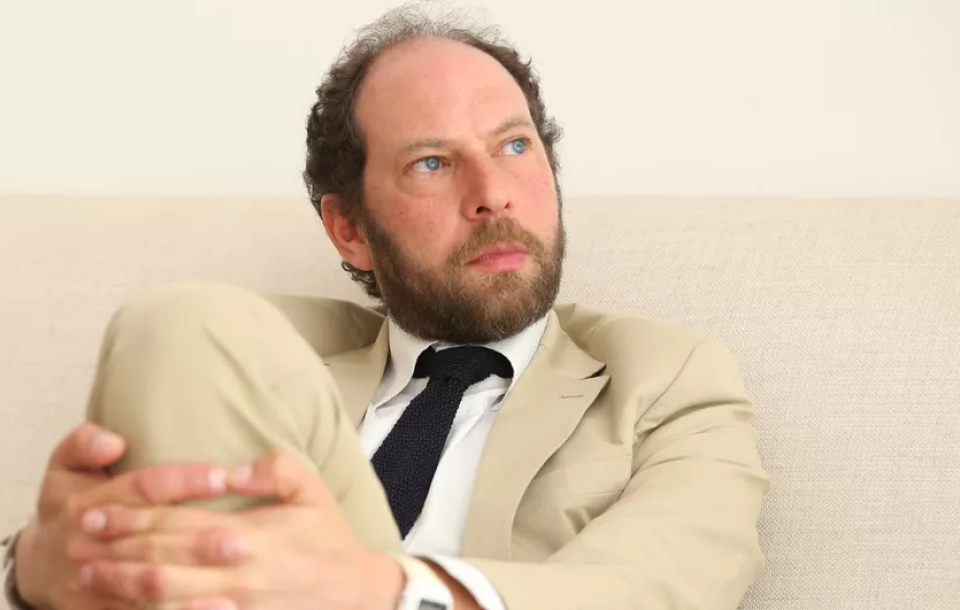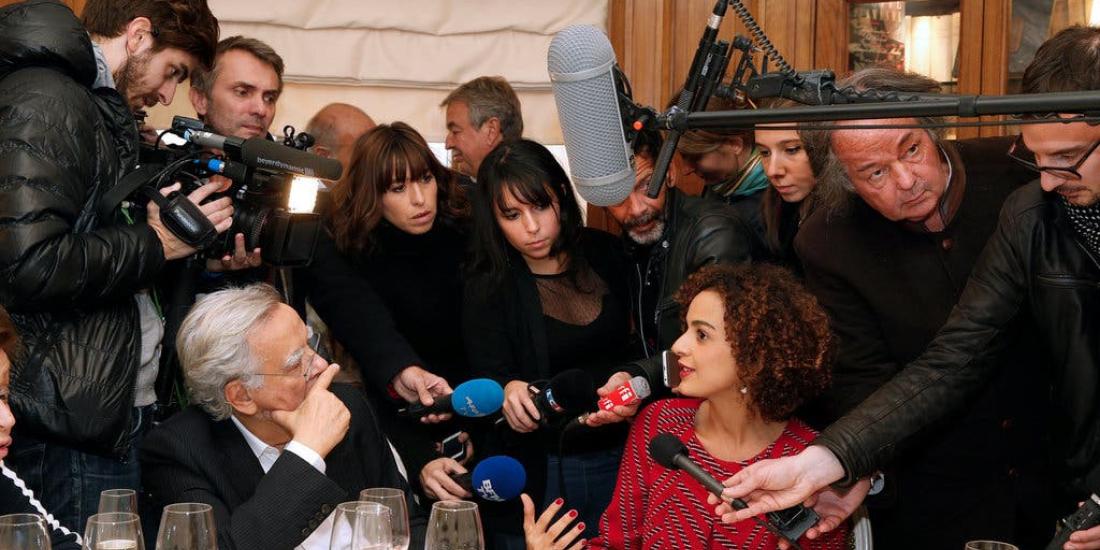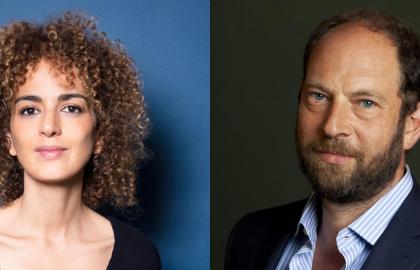"We are French, our ancestors were the Gauls, and we are also a little Roman, a little German, a little Jewish, a little Italian, a little bit Spanish, more and more Portuguese, who knows, maybe Polish too. And I wonder whether we aren't already a bit Arab... ." It is with these famous words, pronounced with the touch of mischief that was so specific to him, that French President François Mitterrand spoke about identity as early as 1987 during a conference at the Sorbonne entitled France and the plurality of cultures. And he added, "I would like it if (...) assemblies like this could be attended by women and men who have different notions of domestic policy, but who would know how to join forces (...), and would be able to choose the unity of France that is to be built." This very Mitterrand-like speech may be some 35 years old, it seems more relevant than ever, so much so that the question of identity has been part of the often hysterical debates of the pre-presidential campaign. Having become a decisive political indicator - in France, as in most western countries - identity polarises opinions and seems to crystallise fears and fantasies. It is as if the growing complexity of the sociological composition of our populations has in return led to the imperative need to fix, once and for all in space and time, the supposedly immutable meaning of our respective identities. It is as if we were trying to deny that they are marked by the movement of human history and geography. As if, in the end, identity can only be rigid, impermeable, intangible and monolithic.
Is identity really set in stone, is it really conceived in terms of an unequivocal and essentialising purity? On the contrary, can we not consider it as the receptacle of many different cultural influences, a composite, moving construction which integrates as it shapes? One which, as François Mitterrand suggested, would look for unity beyond the recognition of the multiplicity that underlies it? In any case, these are the premises set by the two guests for this exceptional evening; they pay tribute to the plasticity of identity through their personal journeys, their reflections and their books. As if it were a matrix of meaning continuously working at the crossroads of multiple cultural influences, resonating with the movement of reality on a "path that is made by walking," according to Antonio Machado's beautiful formula.
Identity that refuses to be confined
Leïla Slimani fully takes on this identity, which is oblivious to all essentialising representations. Of course, she is a French-Moroccan feminist writer and it would be absurd to deny that this part of her is not ingrained in her identity and work. On the contrary, she does not shy away from writing about it on many occasions, as evidenced by her books Dans le ventre de l'ogre, her first published novel, which tells of female desire, and Chanson douce, which won the 2016 Goncourt Prize, and which explores the condition of women in many of its facets. Or the autobiographical trilogy Le pays des autres (The Country of Others), the second part of which has just been published, in which the author recounts "the destiny of a Moroccan family over three to four generations, i.e. the 60 years that saw Morocco settle into modernity." But her conception of identity is not limited to these anchors, as she explained in a recent interview with Figaro Madame, "While I am very proud to write feminist texts and be involved in this fight, I am not looking to be seen through my gender, my origin, or my social class. I want to be viewed through what I create, without being shut into the "female author" or "North African woman" box, which amounts to much the same thing." For identity is much less a question of origin than it is of destination: what do we take with us to start our journey? What do we borrow from others to pursue it? Refusing all determinism, Leïla Slimani shows us through her work that the quest is much more exciting when it is created in via.

In search of European Zeitgeist
This progression of a multiple identity inscribed in a geography and a history in movement, escaping the confinement of atavisms, reveals the striking similarities between Leïla Slimani and Olivier Guez. His next book Le Grand Tour, to be released on 2 March, takes its title from the 18th century practice of the same name, which "led young northern European aristocrats to the Mediterranean shores. They went there to hone their education and their knowledge of the Humanities." For this contemporary Grand Tour, Olivier Guez invited 27 writers, one from each Member State, to write a short story or a narrative linked to "places evocative of European culture and history," in which "the memories, views and climates of a flesh and blood Europe interweave." As the author writes, this collection "sketches a touching map of the European psyche and spirit of the early 20s of the twenty-first century. Le Grand Tour is a sketch of the continental Zeitgeist." The notion of a European identity driven by its cultural diversity is a conviction deeply rooted in the thinking of Olivier Guez. In 2013, in the columns of the New York Times, he invited European leaders to develop a sense of belonging to the Union thanks to the variety of its cultures, quoting Milan Kundera's famous words about Europe, "maximum diversity in minimum space." Like Leila Slimani, Olivier Guez relied on the first intersections of his Jewish and Strasbourg - and therefore European - identity to lay the foundations of a work that is open to the universal. Thus, if he wrote L'impossible retour. Une histoire des Juifs en Allemagne depuis 1945 (The Impossible Return. A History of the Jews in Germany since 1945), if in La disparition de Josef Mengele (The Disappearance of Josef Mengele) (Prix Renaudot 2017) he reconstructed the last years of the appalling Nazi doctor, infamous for his experiments on deportees, it is first and foremost to tell us about ourselves. Because he remains convinced that "our contemporary Europe is very largely constituted by what happened between 1914 and 1945." And that the immediate post-war period still influences us today. This is a major concern that runs through all his works and can also be found in the contribution to the European identity of Le Grand Tour, "Since the 1950s, we have been building a monumental edifice while forgetting to consolidate its foundations. We build tower after tower without connecting their inhabitants; we deprive ourselves of the cement, the bonds of complicity that would allow us to live and dream together, in other words culture."
On 8 February, our two guests will share their visions of identity, which are singularly different from the prevailing populisms. "We have allowed the extreme right to restrict our identity for decades. It's a terrible waste," laments Olivier Guez. During this evening event at Bozar, the two writers will show the extent to which culture can contribute to the creation of identities through the virtuous movement of cross-pollination and dialogue. "Dialogue, not epilogue," as the late George Steiner so rightly said.
In the framework of the French Presidency of the Council of the European Union

